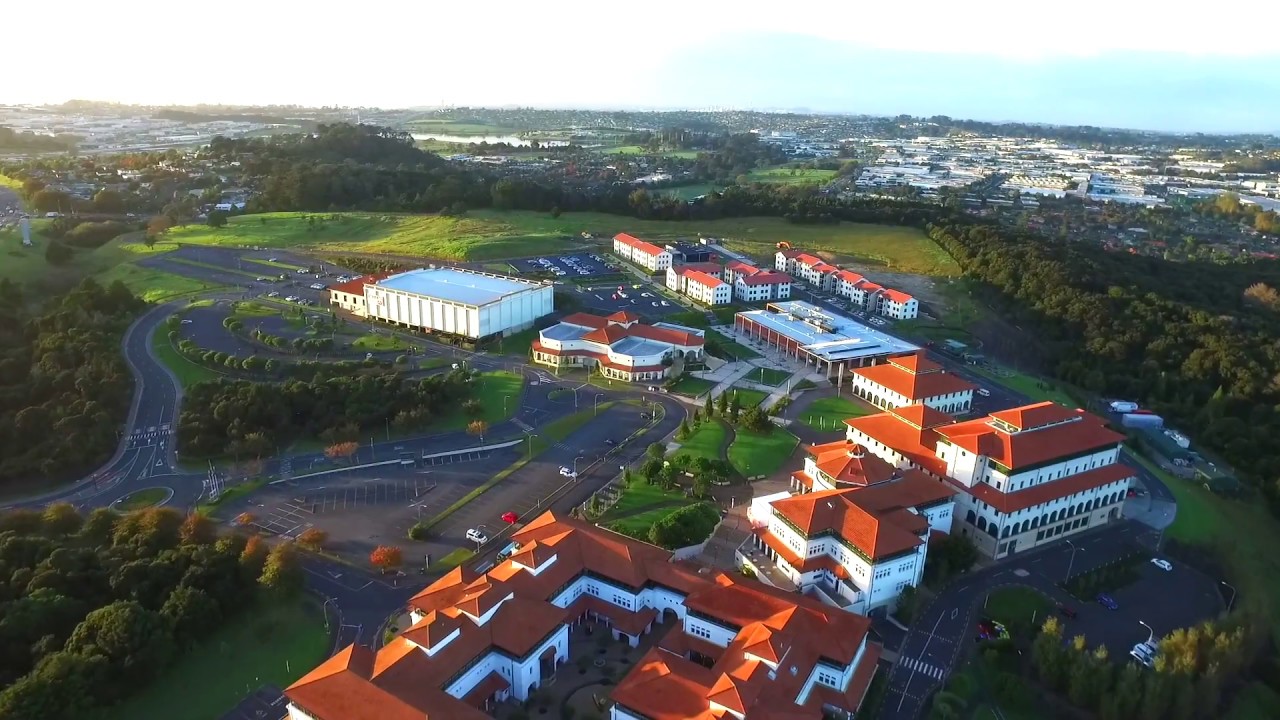Master of Engineering Studies (Renewable Energy Systems)
Join the unique Master of Engineering Studies (Renewable Energy Systems) to tackle one of the most important issues our world faces today.
The Master of Engineering Studies (Renewable Energy Systems) is suitable if you have an undergraduate engineering degree and wish to specialise in renewable energy or you have found yourself working in a renewable energy-related role and need to upskill.
Real-world learning
You will gain an in-depth understanding of the theory of renewable energy systems. You’ll also focus on practical information that can be applied to real-world situations.
You will also learn how to measure renewable energy resources. You’ll understand the challenges of providing energy efficiency or renewable energy systems in developing countries as part of sustainable development.
Your study includes examining solar radiation, wind, hydro, tidal, wave and biomass systems and their design. You will also learn about economics and performance. You will look at the challenges in assessing, designing, introducing and maintaining small-scale renewable energy technologies in developing countries.
The scientific theory of global warming and climate modelling and social and technological approaches to reducing greenhouse emissions and greenhouse gas accounting principles are also covered.
Campus Information
Manawatu campus
The Manawatu campus is Massey's original campus. With lovely heritage buildings and park-like grounds located near Palmerston North city, it is one of the best places in the country to experience the real student lifestyle. With a huge portion of the population under 25 it is the perfect place for learning and living. The large campus is beautiful year-round with 11,500 different varieties of plants and trees in the form of manicured gardens, green fields, woodlands and bush.
Intakes
- Feb
Application Processing Time in Days: 30
Minimum English Language Requirements
| English Level Description | IELTS (1.0 -9.0) | TOEFL IBT (0-120) | TOEFL CBT (0-300) | PTE (10-90) | |
|---|---|---|---|---|---|
| Expert | 9 | 120 | 297-300 | 86-90 | |
| Very Good | 8.5 | 115-119 | 280-293 | 83-86 | |
| Very Good | 8 | 110-114 | 270-280 | 79-83 | |
| Good | 7.5 | 102-109 | 253-267 | 73-79 | |
| Good | 7 | 94-101 | 240-253 | 65-73 | |
| Competent | 6.5 | 79-93 | 213-233 | 58-65 | |
| Competent | 6 | 60-78 | 170-210 | 50-58 | |
| Modest | 5.5 | 46-59 | 133-210 | 43-50 | |
| Modest | 5 | 35-45 | 107-133 | 36-43 | |
| Limited | 4 | 32-34 | 97-103 | 30-36 | |
| Extremely Limited | < 4 | < 31 | < 93 | < 30 |
Job Opportunity Potential
Sought-after by employers
International trends are for employers to reward postgraduate study well, especially in larger enterprises. The skills you learn are increasingly recognised as setting you apart from other potential employees.
Earn more
A 2017 Ministry of Education publication, The post-study earnings and destinations of young domestic graduates, found that in New Zealand:
- young master’s graduates earn more than one and a half times more than the national median (five years after study)
- earnings and employment rates increase with the level of qualification completed
- five years after completion, the median earnings of young master’s graduates are 15% higher than for those with a bachelor’s degree.
PSW Opportunity
- During study, all students on a student visa can work up to 20 hours per week during semester and full time during vacations.
- After completing Level 7 Bachelor’s Degree or Higher Qualification, a student will get a three years open post-study work visa.
- After completing Level 8 Post Graduate courses of 1 year, students get 1 year PSW.
Admission Requirement / Eligibility Criteria
Postgraduate academic entrance requirements
Masters, postgraduate diplomas and postgraduate certificates An appropriate undergraduate degree from a recognised tertiary institution is required
- IELTS- 6.5 (no band less than 6.0)
- TOEFL iBT- 90 overall (min 20 in Writing)
- PTE Academic- 58 Overall (min 50 in communicative skills)
- Course Type: Full Time
- Course Level: Masters/PG Degree
- Duration: 01 Year
-
Total Tuition Fee:
40080 NZD
Annual Cost of Living: 20000 NZD
Application Fee: N/A
Similar Programs
- Master of Information Sciences at Massey University
- Master of Information Sciences (Software Engineering) at Massey University
- Master of Information Sciences (Information Technology) at Massey University
- Master of Food Technology at Massey University
- Master of Engineering Studies at Massey University
- Master of Aviation at Massey University

